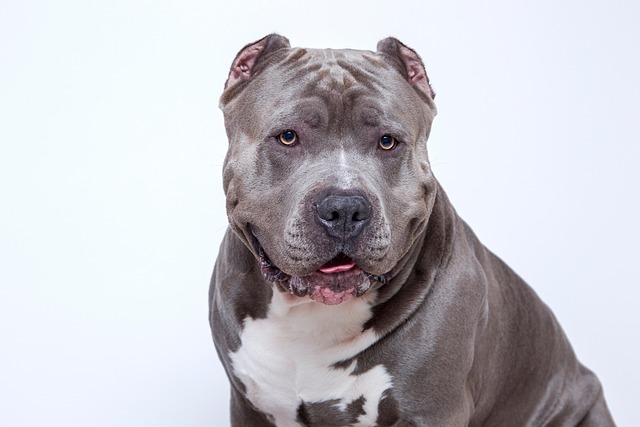
How can I tell if my dog's heatstroke is serious
Let’s be real: It’s a sticky August morning in Los Angeles, and you took your 2-year-old Golden Retriever, Max, for a walk a little later than usual
Many dog owners reach for their own toothpaste when it’s time to clean their pup’s teeth, thinking it’s a quick solution. But that tube of minty gel in your bathroom might not be safe for your furry friend. Human toothpaste often contains fluoride, an ingredient that’s great for preventing cavities in people but toxic to dogs—even in small amounts. A dog that swallows fluoride can develop stomach upset, vomiting, or worse, depending on the dose. That’s why vet offices across Europe and North America always recommend pet-specific formulas.
It’s not just about fluoride, either. The flavorings in human toothpaste, like mint or cinnamon, can irritate a dog’s sensitive nose and taste buds. Dogs prefer meaty or poultry flavors, which makes brushing a less stressful experience for both of you. Think about it: would you want to use toothpaste that tasted like something you’d never eat? Probably not, and your dog feels the same way.
 Local regulations add another layer to this decision. In places like the UK, pet products must meet strict safety standards set by the Animal and Plant Health Agency, ensuring they’re free from harmful substances. Similarly, in the US, the FDA oversees pet toothpastes to make sure they’re safe for ingestion—since dogs can’t spit like humans do. Using human toothpaste might even violate certain regional animal welfare guidelines, which prioritize using products designed specifically for a pet’s biology.
Local regulations add another layer to this decision. In places like the UK, pet products must meet strict safety standards set by the Animal and Plant Health Agency, ensuring they’re free from harmful substances. Similarly, in the US, the FDA oversees pet toothpastes to make sure they’re safe for ingestion—since dogs can’t spit like humans do. Using human toothpaste might even violate certain regional animal welfare guidelines, which prioritize using products designed specifically for a pet’s biology.
Practicality matters too. Dog toothpastes are designed to be swallowed, with ingredients that fight plaque and freshen breath without risking toxicity. Take the example of a golden retriever owner in Oregon who switched from human toothpaste to a vet-recommended chicken-flavored option. Not only did her dog stop resisting brushing, but a recent checkup showed healthier gums—proof that the right product makes a real difference.
So, while it might be tempting to grab your own toothpaste in a pinch, the risks aren’t worth it. Investing in a quality dog toothpaste keeps your pet safe, aligns with local laws, and turns a chore into a bonding moment. After all, keeping those canine teeth clean is about more than fresh breath—it’s about ensuring your dog stays happy and healthy for years to come.

Let’s be real: It’s a sticky August morning in Los Angeles, and you took your 2-year-old Golden Retriever, Max, for a walk a little later than usual

You're enjoying a summer afternoon at the park when you notice your dog has stopped panting and appears disoriented - their gums are bright red

Let’s paint the picture: You’re in your Denver apartment, watching your 4-year-old Boston Terrier, Ruby, plop down mid-play session with her favorite toy

Many dog owners notice their pets nails seem shorter after regular walks,but how much does this daily activity actually help?The answer depends on where you walk—concrete sidewalks or asphalt streets gently file nails as a dog's paws hit the ground

Most dog owners notice their pup scooting across the carpet at some point, but few connect it to impacted anal glands. These small sacs near a dog’s rectum secrete a scent for marking territory

Most vets agree that regular dog teeth cleaning is key to avoiding painful dental issues later. For healthy adult dogs, a professional cleaning at the vet’s office every 12 to 18 months usually works well.